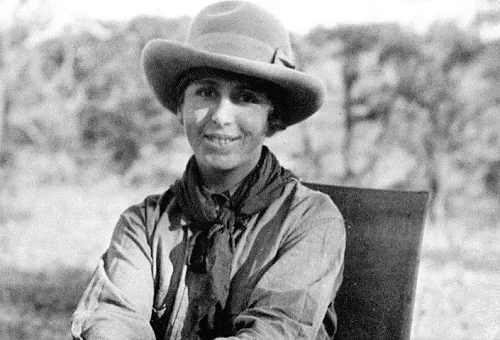When I was growing up, I often heard the word ‘stoic’ in the context of not showing emotion, or even not feeling it. I had to become a philosopher and read the stoics to learn that was wrong.
My favorite stoic teachers—Seneca, Marcus Aurelius, and Epictetus—seemed to think that we have, as our deep natural state, a sort of joy. This joy in living, in being a part of such a wondrous world, in being with others under the warmth of the sun, or amid the nightly spectacle of the sparkling stars, should be our default position, our resting state, and our ordinary possession. But many of us, they suggested, have allowed it to be lost because of worry, fear, concern, anxiety, upset, irritation, anger and a host of other negative emotions that rush at us, day after day. Some of us are even pulled away from that natural joy by what we might think of as positive emotions like exuberance and excitement and passion. When even positive feelings become too strong, or are sparked by the wrong things, we can be dislodged from the joy that’s meant to be ours.
So the stoics urged us to be guardians of our souls, protectors of that natural joy. We should be skeptics and doubters in the face of anything that might take it away. And that’s a challenge. I just went through one of those medical tests where, for a man of my age, there could have been something that severely challenged the joy. But there was what we call by contrast good news instead. And yet the stoics cautioned us on thinking any news was in itself either good or bad. They wanted to reserve those terms for the states of our own souls, and never apply them to externals. While we may not be so extreme as they were in this regard, I get their point. We too easily rush to judgment about what seems good or what seems bad. And this alienates us from our joy. But in the end, what is good for us or bad for us may turn on what we make of it in the long run. And we can act best to be spiritual alchemists when we’re in that state of joy.
As you read the news today, or hear someone say something that disturbs you, don’t grab it and hold it close, but loosen your grip on it emotionally. Let it go enough to return to that state of mind and heart our stoic friends would wish for you. Then, you can be your best as you do and feel and create.














































